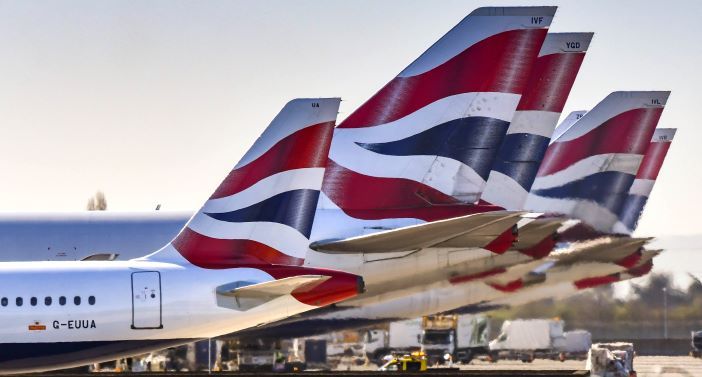Air passenger duty (APD) is a duty chargeable per passenger flying from UK airports to domestic and international destinations. Current UK Air Passenger Duty (APD) rates [https://obr.uk/forecasts-in-depth/tax-by-tax-spend-by-spend/air-passenger-duty/] vary from £6.50 to £601, depending on the class of travel and the distance (the duty is applied in bands). The OBR (the Office for Budget Responsibility, a non-departmental UK public body that provides independent economic forecasts) estimates that 90% of travel is charged at the lower APD rates.
In CILT’s view the basic structure of the rates, which reflects (albeit rather crudely) the emissions per passenger, is about right. It is also recognised that APD is easy to collect. Rates were planned to increase on 1st April 2024 in any event, to between £7 and £607. A steady increase in the rates [as has been announced in the Spring Budget] is to be expected in line with the Government’s Jet Zero policies and the aviation industry’s commitment to net zero by 2050. As carbonisation costs are included, there will be a reduction in demand.
The rates are published as a Reduced Rate, a Standard Rate and a Higher Rate. Those who note the changes in the Budget as an increase for business class clearly do not understand how the aviation market works. The purpose of an air journey – whether for business, leisure, education, or visiting friends and relatives – is no longer a determinant of the class of travel, and few airlines still use the term business class. For example, British Airways refers to it as Club World, and Virgin Atlantic as Upper Class.
Even in the ‘economy’ cabins it is not always obvious, as there are often options to choose a larger seat. Air passengers travelling for business purposes may choose any of these classes, and frequently choose a cheaper ticket if it is appropriate for the business.
If the differential between the distance bands is increased, it is possible that travellers will seek to avoid the higher distance band tax by taking a short-haul flight and buying a separate long-haul ticket from a non-UK airport – another unintended consequence caused by a lack of understanding of how the international aviation industry works.
About CILT
The Chartered Institute of Logistics and Transport (CILT) is the membership organisation for professionals leading supply chain operations for the movement of goods and people. Members of the Institute are involved in the management and design of infrastructure, systems, processes and information flows, and in the creation, management and continuous improvement of effective organisations. The work of the members is intended to add value to people and society, and directly impact the environment, business profitability and economic growth. www.ciltuk.org.uk





